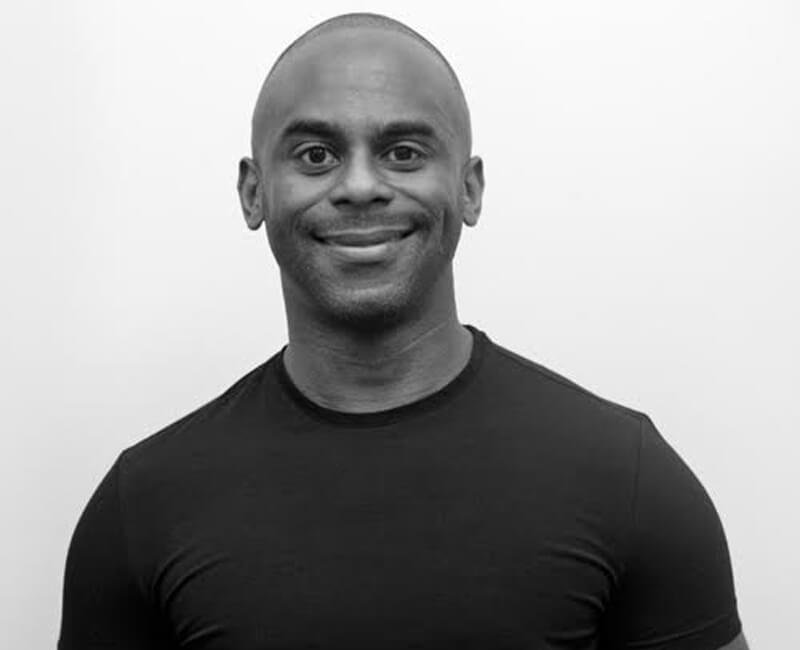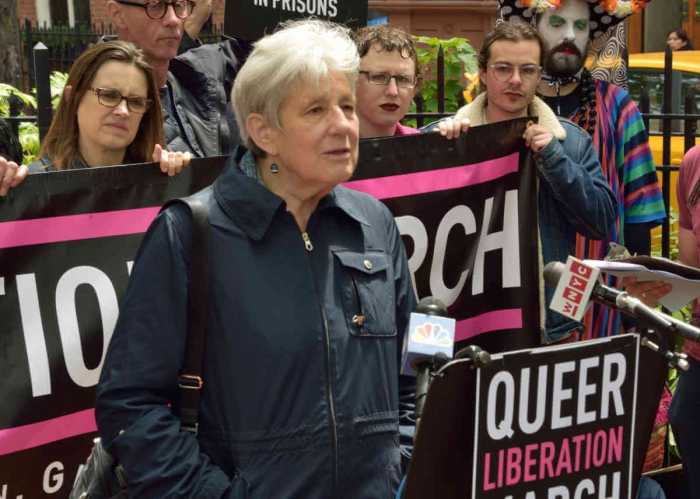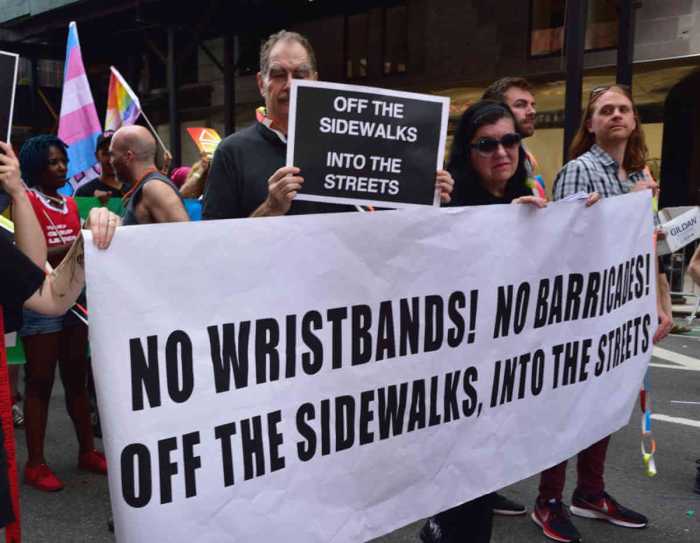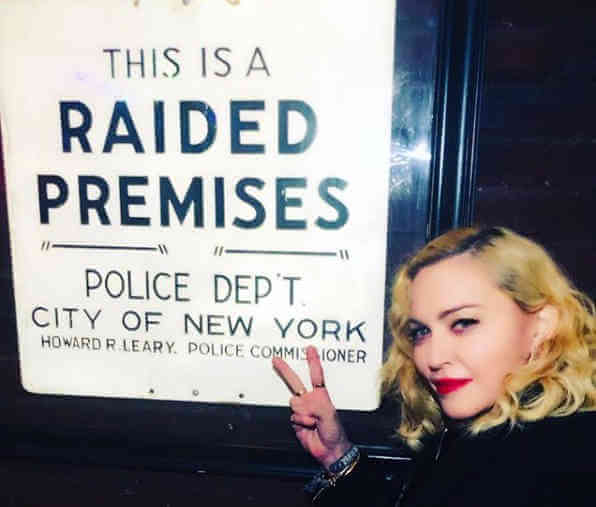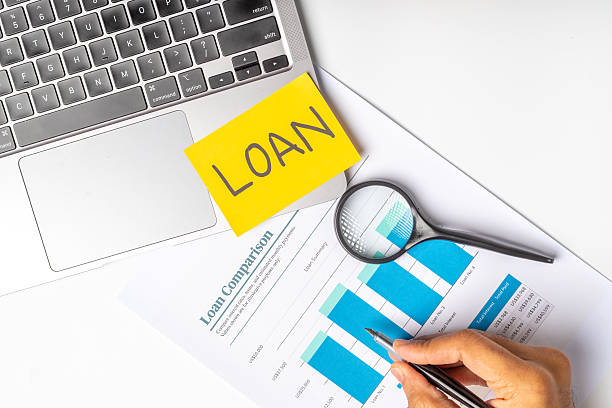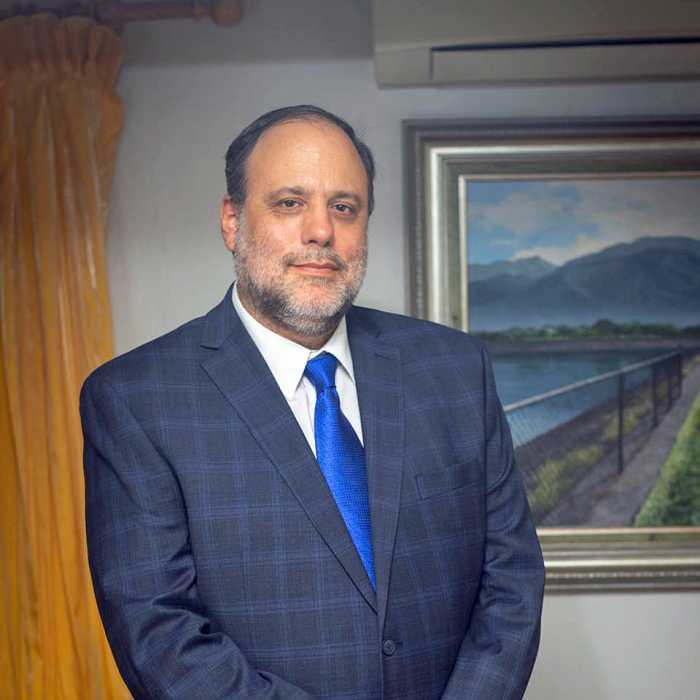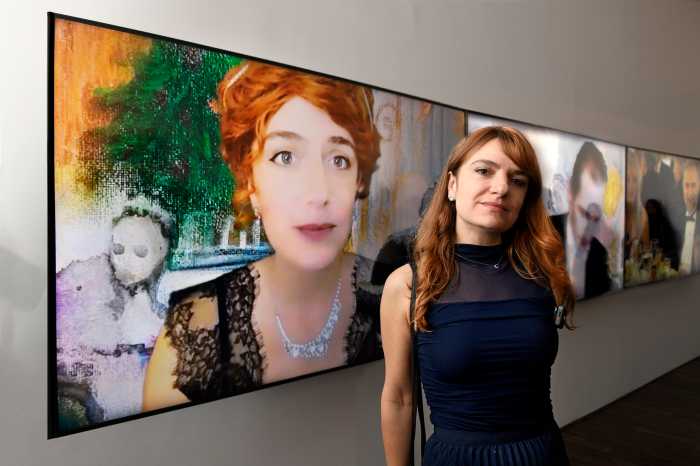The controversy surrounding Heritage of Pride (HOP)’s decision to not allow uniformed and armed police officers to march as a part of our annual celebration and stewardship of Pride has centered around the ideal of Pride and the LGBTQIA+ movement being “inclusive.” For members of the BIPOC and trans communities, the backlash against the decision again exposed to the straight world the dirty little secret of the wider LGBTQIA+ community: it’s not. What’s exposing this secret: that we are not who we claim to be, that we may have come out of the closet only to live in a bubble, that we’ve given a gift to our adversaries who revel in calling us hypocrites, and that the derision this has caused is from the ones who may have first gotten LGBTQ rights but don’t share them with others.
We march together on one day of the year to exhibit to the straight world our “ideals” of love and unity, but the reality is far from that. The privileged in the community, many of whom built Pride organizations, were willing to focus on broader social acceptance that, yes, won us many basic rights. But what did it cost, and who did it really help when the murders of trans people continue to skyrocket and Black and Brown people combined account for 64 percent of people with HIV? We have at least 30 different Pride Flags that represent our diversity, yet in 2017 adding Black and Brown stripes to the Gilbert Baker flag produced vitriol and anger from the same quarters reacting negatively to HOP’s recent decision. The flag including stripes for trans representation is now the new standard.
I am Black, gay, an immigrant, a Marine, a boyfriend, a brother, an Ivy-leaguer, a sci-fi nerd, multi-faceted with multiple identities, and like everyone else in this world — complex. Parts of my identity have been gained over time, but the first two — those are immutable. Yet my gayness has been at most conflict with my Blackness. The community that I thought would welcome my coming out rejected my Blackness; it was white gay men that spat on me in gay bars, called me disgusting, and called me the “n” word. And when this issue arose around officers at Pride, those same men began hurling vitriol at myself and at HOP’s largely POC staff on a daily basis. And unfortunately for me, entering predominantly gay white male spaces can invoke the same fear and anxiety I have when I encounter police officers, no matter how they identify.
HOP itself has plenty to atone for. Much of the membership’s vote for HOP to rescind the ban fell along generational, class, and racial lines. We have straight white members who have tried to block BIPOC members from joining, have not spoken enough about the rights of our own, and have used parliamentary procedures that reinforce systems of white supremacy. It shocked me to think we could decry anti-trans bills moving through legislatures, but ourselves put the safety of trans people up to a vote. Our steps to diversify our leadership, starting with myself, places us in conflict with our own history; we are by far not the only LGBTQIA+ organization dealing with these issues.
Every counter-argument I’ve heard places the rights of Black, Brown, and trans people of feeling safe not against the same rights of another group of individuals, but against what one group wants to wear on one day of the year for several hours. That a uniform dehumanizing those who are supposed to protect us is more important to some than a trans person’s sense of safety shows that we have so much more work to do as a community. What makes police officers gain their identity? The act of putting on the uniform? Being Black, being Brown, being trans — those are not uniforms. I cannot take off my Black skin.
But here’s where the argument is muddled. To their credit, the city and the NYPD, working with HOP based on admonitions from groups like the Anti-Violence Project and speakers at our community town hall after a year of protests and many repeated blunders, acknowledged HOP’s requests for less visibility. They recognized the extent of not just recent history, but current interactions with the police and LGBT people. We were making progress toward distinct goals when it comes to our events, one of the largest in the city.
The Gay Officers Action League (GOAL) chose not to be a partner in this work. GOAL specifically defended actions taken by the NYPD during our call with them. They are absent in the conversation when it comes to LGBTQIA+ rights. While they may have these conversations internally, the community does not see their public support like other minority-aligned groups in the NYPD have been doing for years to show support for their own communities. They invited Toronto’s banned officers to our events. They can’t tweet on International Day Against Homophobia, but they certainly can retweet denim day. Dancing in the parade is not enough. What path are we on when a progressive city like New York City can’t follow the example of one like Minneapolis?
HOP will hopefully continue this work. I invite GOAL to join us at the table. Our community stands divided, like this country. I invite GOAL to take their uniforms and guns off. I invite GOAL to be a partner in the work of creating a safe space for our Black and trans family. The work is not easy, but there are many others who are committed to this. Will you be?
André Thomas is co-chair of NYC Pride.

